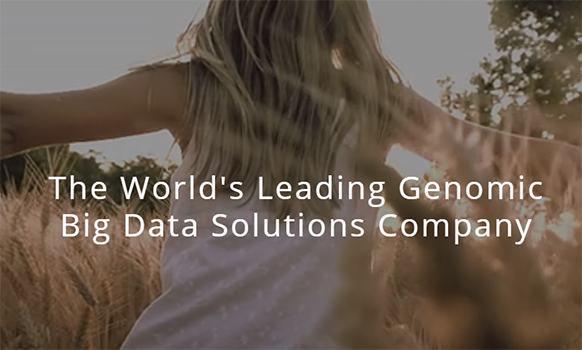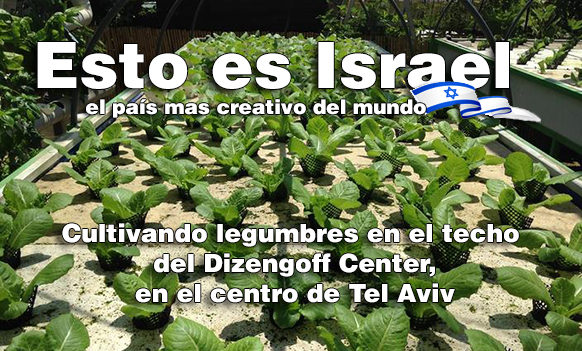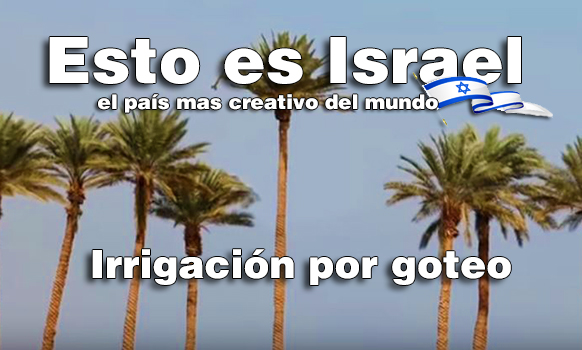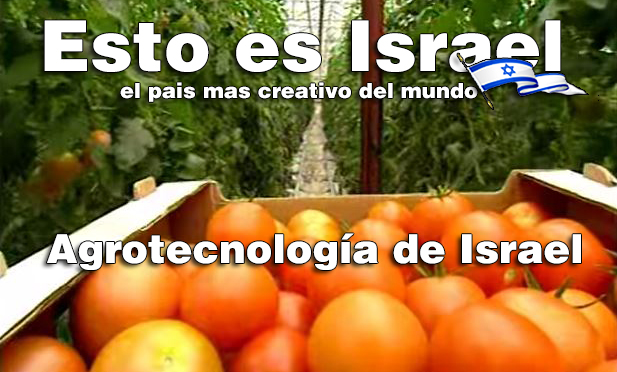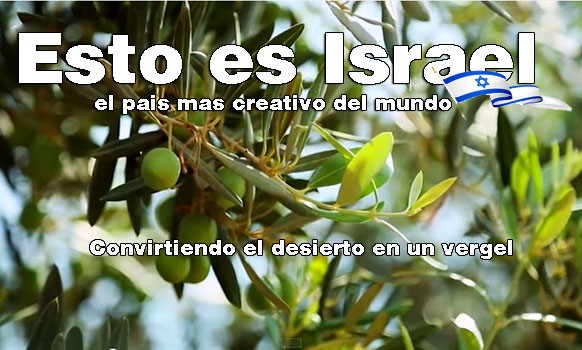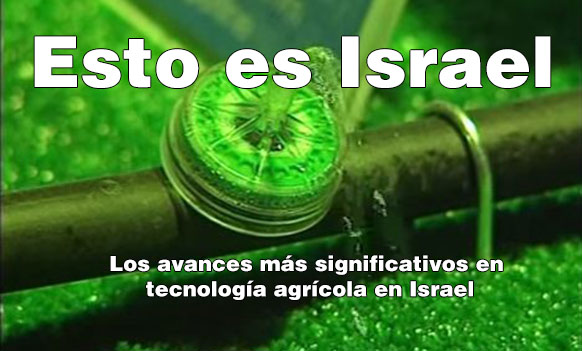Una contribución Israeli más.
Muchos soldados Israelies usan sus especialedades que les fueron enseñados en el IDF (Ejercito -Fuerzas de defensa de Israel) para beneficio de la humanidad.
Un caso en punto es una empresa de reciente formación llamada NRGene, empezada por antiguos miembros de la celebrada unidad del IDF antimisiles.
Por décadas, geneticistas alrededor del mundo trabajaron en crear un mapa del genoma del trigo del pan. El esfuerzo se volvió tan tedioso (el del trigo es cinco veces mayor que el tamaño del código genético humano) que muchos científicos lo desecharon como un esfuerzo incapaz se vencer.
Allí es cuando NRGene se involucró en él. Siendo ya algunos de ellos considerados como los mejores del mundo en descifrar complejos códigos computacionales decidieron tomarse el trabajo sobre el código genético del trigo.
Al cabo de unos meses, NRGene consiguió descifrar (y hacer un mapa) del genoma de una variedad local de trigo conocido como Emmer silvestre.
A sido declarado por investigadores de las universidades de Haifa, Tel Aviv, que también son participantes en el International “Wheat Genome Sequencing Consortium”, como un gran paso.
El Consortium ha publicado por primera vez la secuencia completa del genoma del trigo del pan. El rol de NRGene en este logro, que muchos lo consideran sin exageración como igualmente importante como fue la evolución (domesticación) del trigo hace miles de años.
Pero, por que es tan importante?
Los científicos involucrados, así como los investigadores en muchos otros campos, han estado advirtiendo por años del aumento de la crisis de la creciente disminución de la producción de productos alimenticios.
La población mundial crece a un paso mayor que la producción de comida.
El éxito logrado en hacer el mapa del genoma del trigo permitirá ahora a los científicos y agricultores manipular y desarrollar variedades que sean más resistentes a los climas hostiles y condiciones adversas de crecimiento, y producir mayores cosechas.
www. nrgene. com


